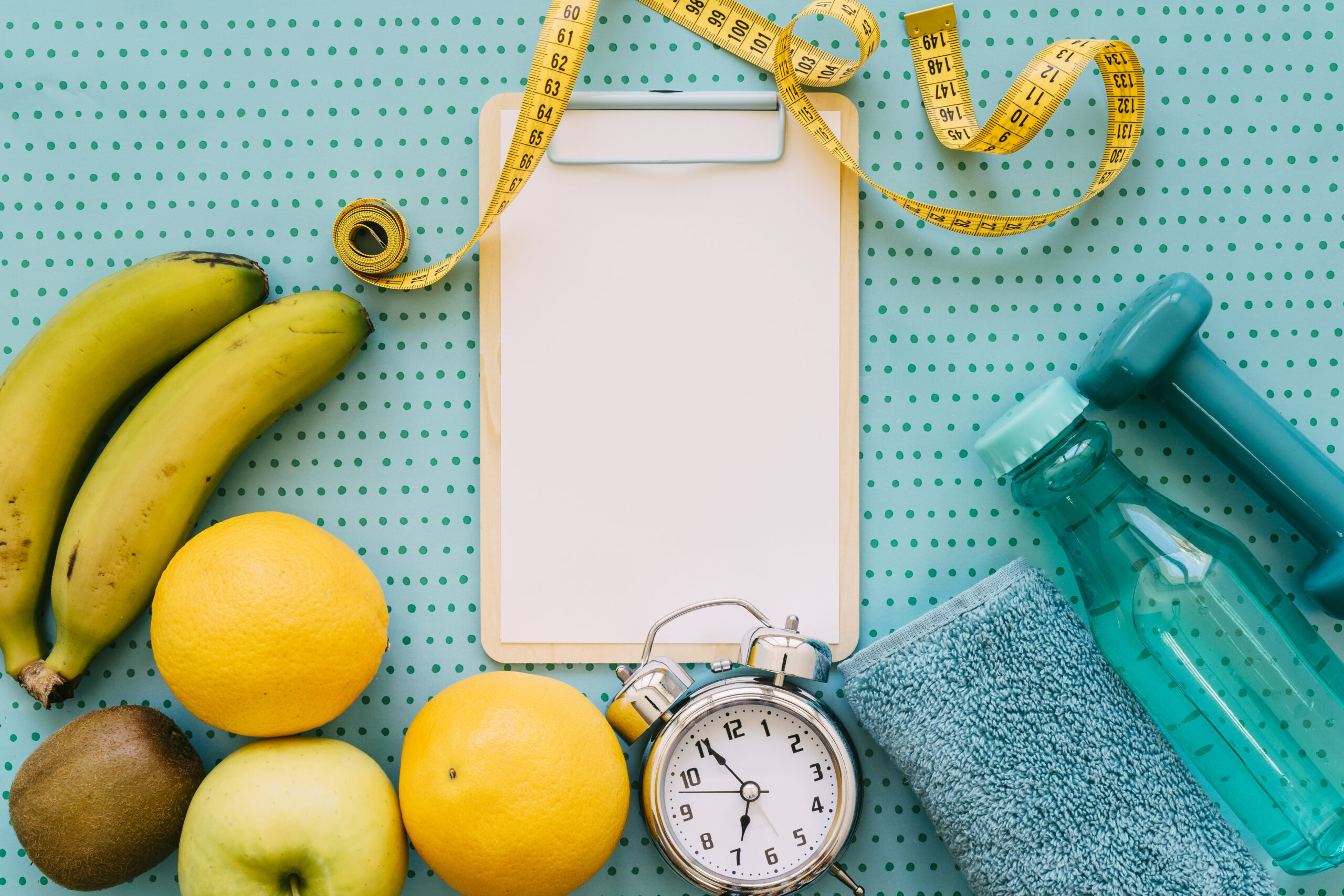
We have all tried to shift many habits in our lives to be healthier. Sometimes, with great discipline and willpower, we are successful. Other times, we fail quickly. And most times, there is a pattern to the successful changes we make.
Typically, we set a goal, make progress toward that goal and then fall back into our old habits. We then realize what we are doing, and we start making progress again. The next time we fall, it may not be as far and we may start to make progress again more quickly than the time we fell before. This change pattern is quite normal.
What I have found over the years from my own experience and from working with clients is that
change happens faster and stays longer when we make it easy.
For example, when I first became a psychologist, I completed a week-long course on mindfulness-based stress reduction. I left that training feeling inspired and excited, so much so, that I created an area in my home for meditation. For one year, I walked past that area everyday saying to myself, “I should meditate.” I didn’t. I had this idea that I had to devote 20 minutes to an hour to meditation. At that time in my life, I just didn’t have the capacity to do that. So, I dismantled the meditation area. I then started to train my attention by focusing on my breath for the time it took my computer to boot up, which was about 30 seconds to a minute. That was manageable. From there, I developed a two-minute practice, which led to a five-minute practice and then 10 minutes. After sometime, I was able to meditate for an hour and then three hours.
Over 20 years later, I continue to maintain a regular 20-minute daily practice, and sometimes I will meditate for an hour or more.
When I made meditation easy and manageable, I was able to create a daily practice and a new healthy pattern in my life.
New patterns become natural when we repeat them. Repetition is how we rewire our brains. Integrating a new pattern into your existing daily activities or engaging in the new habit for five minutes or less can lead to a sustainable new routine. Here are some ways you can start:
The hardest part of developing new patterns in this easy way is actually remembering to do it. Setting reminders on your phone or putting reminder notes in your home, car or workplace can be quite helpful.
Written by Dr. Liza Auciello, Group Therapy LA
Your fulfilling life might be just a FREE consult away. Book now!